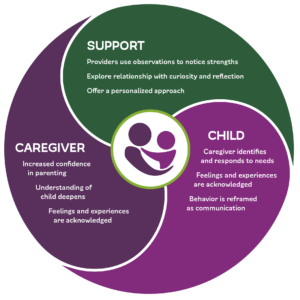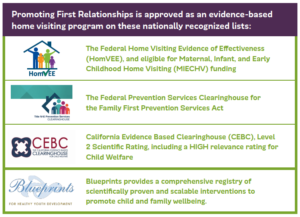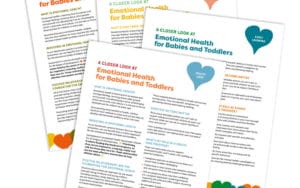News and Resources
Watch our
latest videos
on YouTube now!
Strengthening Bonds Between Parents and Children
Visit our Youtube Channel for Research-based tips and practices for strengthening bonds, supporting caregivers, and creating nurturing environments for young children.
Questions?
Please give us a call
We look forward to talking with you!
-
Phone
206-543-8528
-
Business hours
Monday – Friday
7:30am – 4pm
-
E-mail
pcrp@uw.edu
-
Mailing Address
Parent-Child Relationship ProgramsUniversity of Washington - Box 357231
Seattle, WA 98195-7231
-
Office Address
Parent-Child Relationship ProgramsUniversity of Washington
Health Sciences Building F-346
Seattle, WA 98195-7231
Prefer exploring on your own?
Check out our FAQ section
for answers to common questions
WE WANT TO CONNECT WITH YOU!
Feel free to fill out our contact form or call us at 206-543-8528











